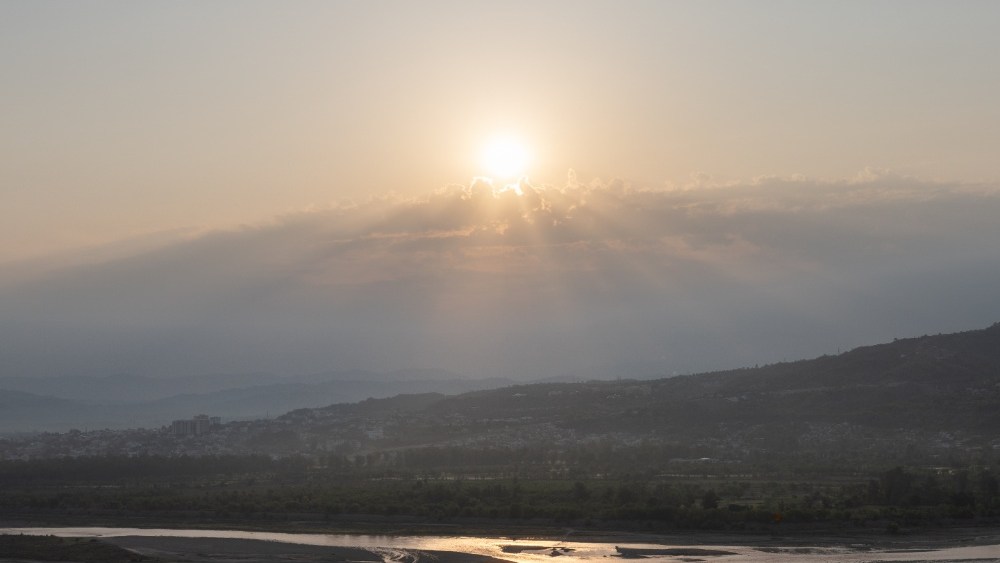India, Pakistan Agree on Ceasefire
India and Pakistan have agreed on a ceasefire, according to spokespersons from both nations, and U.S. President Donald Trump.
“After a long night of talks mediated by the United States, I am pleased to announce that India and Pakistan have agreed to a FULL AND IMMEDIATE CEASEFIRE. Congratulations to both Countries on using Common Sense and Great Intelligence. Thank you for your attention to this matter!,” Trump posted on Truth Social on Sunday.
Confirming the news, India’s Foreign Secretary Vikram Misri said that both countries would “stop all firing and military action on land, air and sea.”
Deputy Prime Minister of Pakistan, Ishaq Dar, said: “Pakistan has always strived for peace and security in the region, without compromising on its sovereignty and territorial integrity.”
Hostilities began after a April 22 terrorist attack in Pahalgam, Jammu and Kashmir, India, which claimed the lives of several Indian civilians and a Nepali national, followed by strikes against Pakistan by Indian forces under Operation Sindoor.
U.S. Secretary of State Marco Rubio posted on X: “Over the past 48 hours, @VP Vance and I have engaged with senior Indian and Pakistani officials, including Prime Ministers Narendra Modi and Shehbaz Sharif, External Affairs Minister Subrahmanyam Jaishankar, Chief of Army Staff Asim Munir, and National Security Advisors Ajit Doval and Asim Malik. I am pleased to announce the Governments of India and Pakistan have agreed to an immediate ceasefire and to start talks on a broad set of issues at a neutral site. We commend Prime Ministers Modi and Sharif on their wisdom, prudence, and statesmanship in choosing the path of peace.”
India’s External Affairs Minister S. Jaishankar said: “India and Pakistan have today worked out an understanding on stoppage of firing and military action. India has consistently maintained a firm and uncompromising stance against terrorism in all its forms and manifestations. It will continue to do so.”
Representatives of the Indian and Pakistani governments are due to speak on May 12.
During the conflict, the Indian government issued a formal advisory ordering all over-the-top (OTT) platforms and digital streaming services to take down content originating from Pakistan with immediate effect. The advisory – issued under the Information Technology (Intermediary Guidelines and Digital Media Ethics Code) Rules, 2021 – applied to web series, films, music videos, songs, podcasts, and any other form of digital content produced in Pakistan.
This development added to a growing digital standoff between the two nuclear-armed neighbors. In recent weeks, India blocked 16 Pakistani YouTube channels, including major networks such as Geo News, ARY, Bol, and Samaa TV, accusing them of spreading “misleading and provocative” content about the Indian armed forces and stoking tensions over Kashmir.
Pakistan responded in kind. The Pakistan Telecommunication Authority (PTA) announced it had blocked 16 Indian YouTube channels and 32 websites, citing concerns over the spread of “anti-state propaganda” and what it described as disinformation surrounding Indian airstrikes that allegedly killed 31 Pakistani civilians.
The conflict had also led to the postponement of the lucrative Indian Premier League and Pakistan Super League cricket tournaments.
A cultural boycott has periodically emerged between the two countries, often mirroring broader geopolitical frictions. Indian broadcasters and the Central Board of Film Certification had previously restricted Pakistani artists and content in the wake of terror attacks or cross-border hostilities.


